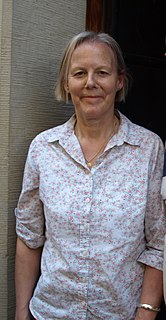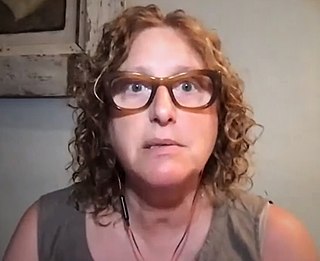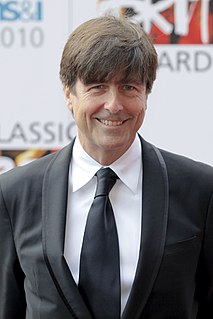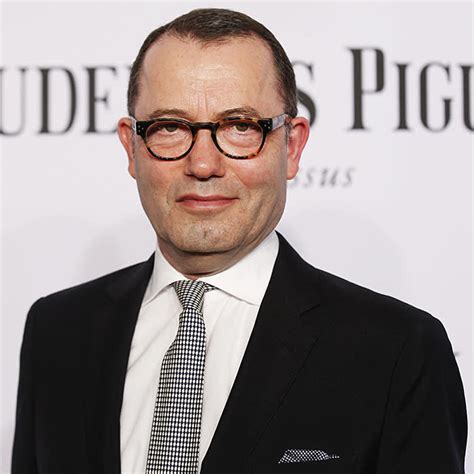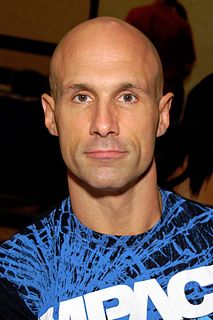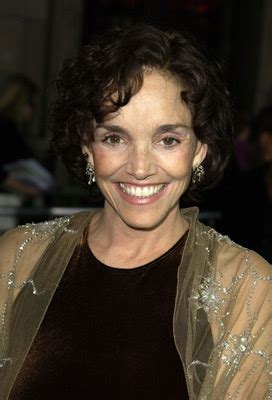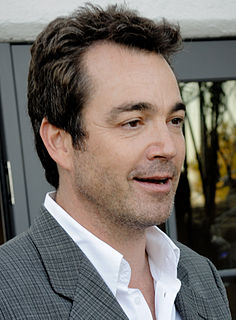A Quote by Phyllida Lloyd
Onstage, there's a separation between character and audience; onscreen, you can go to a deeper place.
Related Quotes
In films, you are a commodity. You are a look, something that the camera really likes, something that has struck an audience in a certain way. It's not really so much about transforming yourself the way actors do onstage. I think there's a difference between the skill of acting in movies and onstage.
I always knew that I could go deep. How deep? I don't know. But it always seems that with each character I take on, I'm challenged to go deeper than the last time, and then again deeper than the last time. This is the deepest I've ever been asked to dive. And to see how deep I actually went for this, and that I wasn't afraid to go there in order to give Tyler exactly what he envisioned for the character, which was pretty deep, that's what I discovered about myself.
